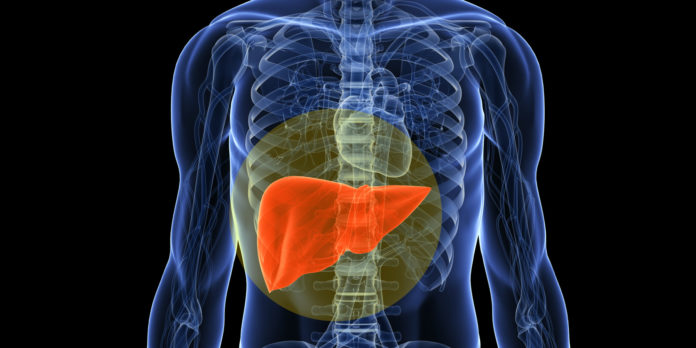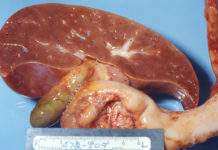
Hepatitis virus is responsible for a large proportion of liver cancer and cirrhosis cases
Health minister J P Nadda will launch the ambitious National Viral Hepatitis Control Program from Vigyan Bhawan on July 28. July 28 is observed as Hepatitis Day.
Hepatitis is an infection of the liver, caused by viruses. Hepatitis A and E viruses are important causes of acute viral hepatitis and acute liver failure (ALF). Due to paucity of data, the exact burden of the disease in India is not established.
However, Hepatitis A virus, according to available literature, is responsible for
10-30% of acute hepatitis and 5-15% of acute liver failure cases in India. The E variant on the other hand, accounts for 10-40% of acute hepatitis and 15-45% of acute liver failure.
Hepatitis B surface antigen (HBsAg) positivity in the general population ranges from 1.1% to 12.2%, with an average prevalence of 3-4%. Anti-Hepatitis C virus (HCV) antibody
prevalence in the general population is estimated to be between 0.09-15%. It is estimated
that there are 40 million people chronically infected with Hepatitis B and based on some
regional level studies, it is estimated that there are 6-12 million people with Hepatitis C in
India. Chronic HBV infection accounts for 40-50% of liver cancer and 20-30% cases of cirrhosis in India. Chronic HCV infection accounts for 12-32% of hepatocellular carcinoma (HCC) and 12-20% of cirrhosis.

The key strategies of the programme that aims at reducing mobidity and mortality because of viral hepatitis, are:
- Preventive and promotive interventions with focus on awareness generation, safe injection practices and socio cultural practices, sanitation and hygiene, safe drinking water supply, infection control and immunization
- Co-ordination and collaboration with different Ministries and departments, National Aids Control Programme (NACP) for safety of blood and blood products and with Integrated Disease Surveillance Programme for surveillance
- Increasing access, promoting diagnosis and providing treatment support for patients of
hepatitis B &C - Building capacities at national, state, district levels and sub-district level upto Primary
Health Centres (PHC) in a phased manner













